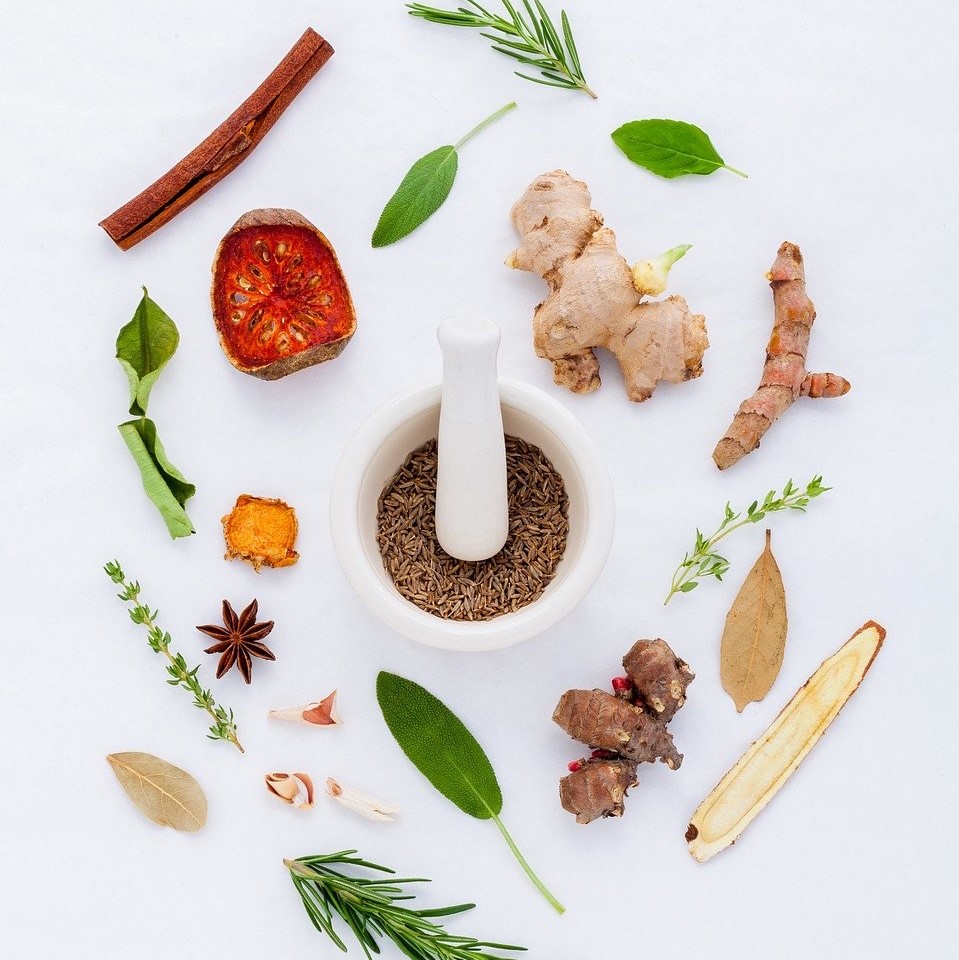Is food your medicine?
At AcuHealth, is a great big YES from all of us. In clinical practice we see that patients who make beneficial adaptations to their food and lifestyle choices are more likely to achieve the long-term results they desire. This is why we love to educate our patients about the medicinal nature of foods.
The origins of Chinese food theory
In ancient China, people examined the medicinal values of herbs and foods, with some bringing relief, great health and vitality, others causing death. They found that the role of food and medicine overlap greatly. Some foods are considered more medicine than food, because their impact is strong with a more immediate effect.
Here are some Chinese herb and food treasures:
- Ginger: We all like to add it to our meals for its spicy taste. But it is also medicinal because it has a moving, hot and drying effect on our body. Therefore it is great to help prevent a cold, aid the digestion and warm the body – BUT if you experience a lot of heat/dryness in the body – which could for example show as dry itchy skin – then ginger will likely worsen your condition.
- Chinese barley (Job’s Tears Seeds): A gluten-free type of grain, which helps the body to get rid of accumulated waste. Great for people who have impure skin or need to recover their digestive function after excessive intake of greasy fast food and alike.
- Goji Berries: Known as super foods in Western medicine, these berries have a long tradition in Chinese medicine and are used to ‘tonify the Yin’, hence build up body fluids for people with dry skin, dry eyes, insomnia and anxiety. A couple of berries (about a tablespoon) is a good dose, too much of them may impair your digestion.
- Basic food items including vegetables, fish, legumes, nuts and seeds may be considered less medicinal as their impact may take more time to show. Nevertheless, they are key players in a healthy diet. Daily intake of root and leafy vegetables are the foundation of a healthy metabolism (element of Earth, digestion) and provide a nutritional boost that will contribute to the vitality of your body and mind.

You may have got the basic idea. In Chinese medical theory, foods can be attributed a warming or cooling nature. They can also be drying or create an accumulation effect. You can sometimes perceive the thermal nature of foods immediately. Imagine eating a cooling Greek salad or sushi on a hot summer day versus a spiced lentil-pumpkin soup that warms you from the inside out? How do you feel after eating bread, cheese and bacon (aka pizza) versus a light stir fry with GF whole grains like millet, buckwheat or quinoa?
Depending on the weather/climate and your own personal constitution, each of these may be an adequate choice. There is no ONE RIGHT FOOD for everyone. Remember the saying ‘the dose makes the poison’ 😉
At our clinic, we look at each individual person and according to their current situation, the season and other contributing factors (lifestyle), and we will recommend you foods that support you and point out foods that you may want to avoid until you get relief from your symptoms.
If you like this idea of self-care, ask us for help in selecting foods that match your needs, depending on your constitution and life situation.
Would you like to read more about it? Paul Pitchford’s book “Healing With Whole Foods: Asian Traditions and Modern Nutrition” offers a great introduction into the Asian origins of Food Medicine.

Recent Comments